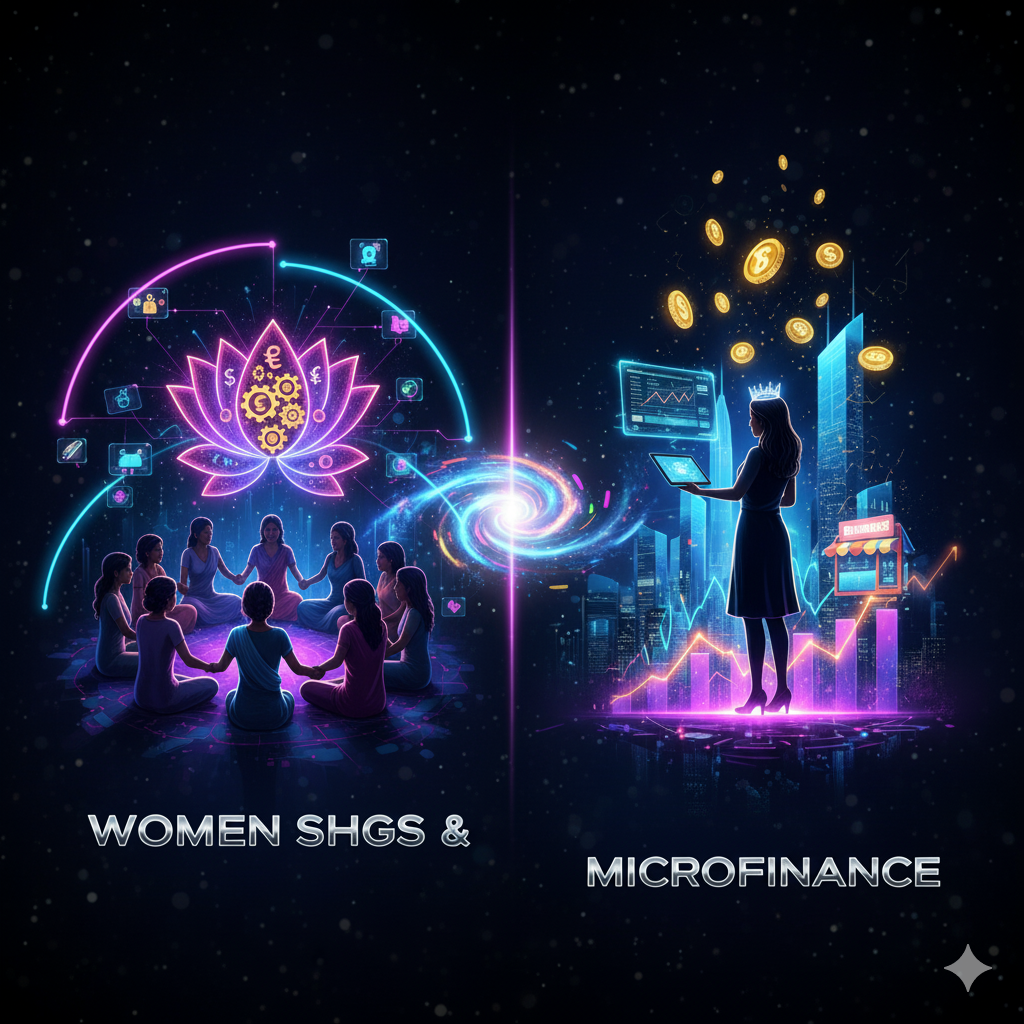According to the World Bank, good governance refers to the manner in which power is exercised in the management of a country’s economic and social resources for development. It emphasizes key principles that ensure transparency, accountability, inclusivity, and effectiveness in public administration.
Key Principles of Good Governance (World Bank Framework)
- Accountability:
- Public officials and institutions must be held accountable to citizens for their decisions and actions.
- Mechanisms such as audits, reviews, and evaluations ensure accountability.
- Transparency:
- Access to information is essential for citizens to understand and monitor government decisions.
- Processes, policies, and decisions should be open and clear to the public.
- Rule of Law:
- Laws should be fair, enforced impartially, and consistently applied to all individuals and institutions.
- Judicial independence and integrity are crucial components.
- Participation:
- Encourages active involvement of citizens, civil society, and stakeholders in decision-making processes.
- Participation should be inclusive, ensuring representation of all sections of society, including marginalized groups.
- Equity and Inclusiveness:
- Ensures that all groups, particularly the vulnerable, have opportunities to improve or maintain their well-being.
- Promotes social justice and equitable access to resources.
- Efficiency and Effectiveness:
- Resources should be used efficiently to meet the needs of society.
- Governance mechanisms should deliver services effectively to achieve desired outcomes.
- Strategic Vision:
- Leaders and public officials should have a long-term perspective on development, understanding the historical, cultural, and social contexts of their country.
World Bank’s Application of Good Governance
The World Bank incorporates good governance into its operations by:
- Promoting institutional reforms to improve governance structures in borrowing countries.
- Supporting anti-corruption initiatives to reduce inefficiencies and mismanagement.
- Enhancing public sector management through capacity-building programs.
- Encouraging the development of legal and regulatory frameworks to foster good governance.
Good governance, as per the World Bank, is considered essential for sustainable development and poverty alleviation. It provides a framework for creating stable, equitable, and prosperous societies.




